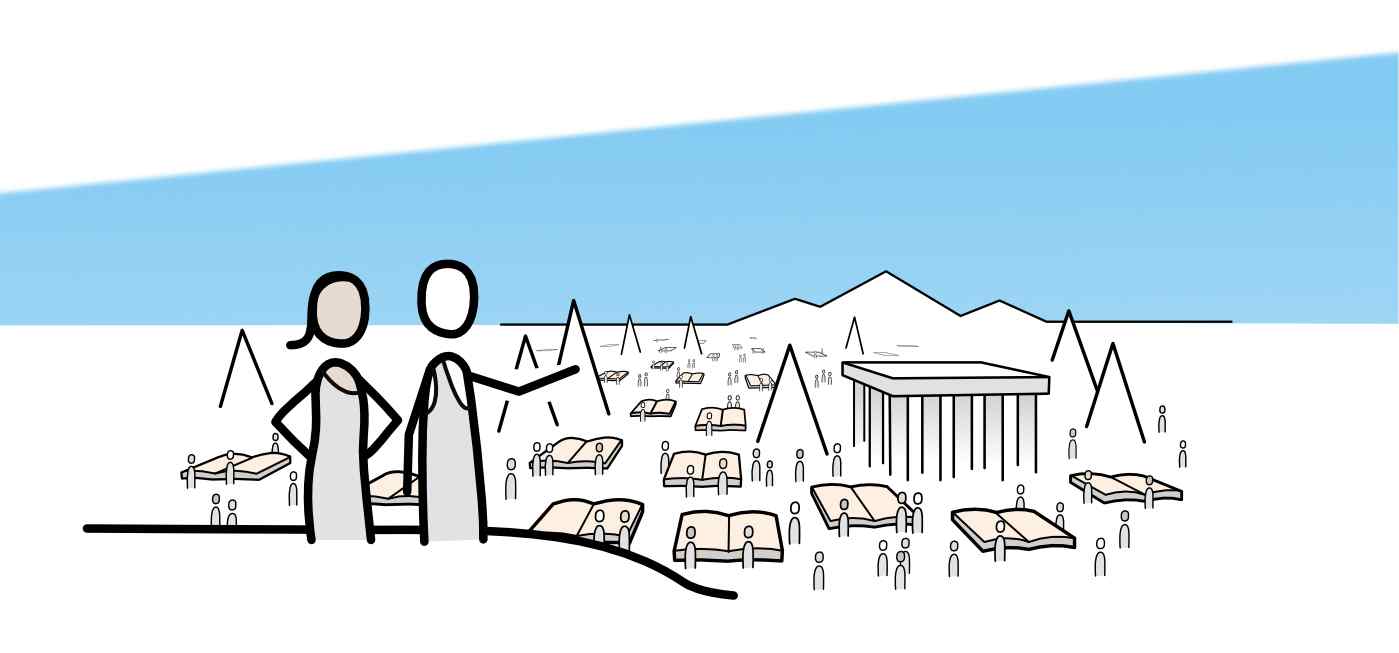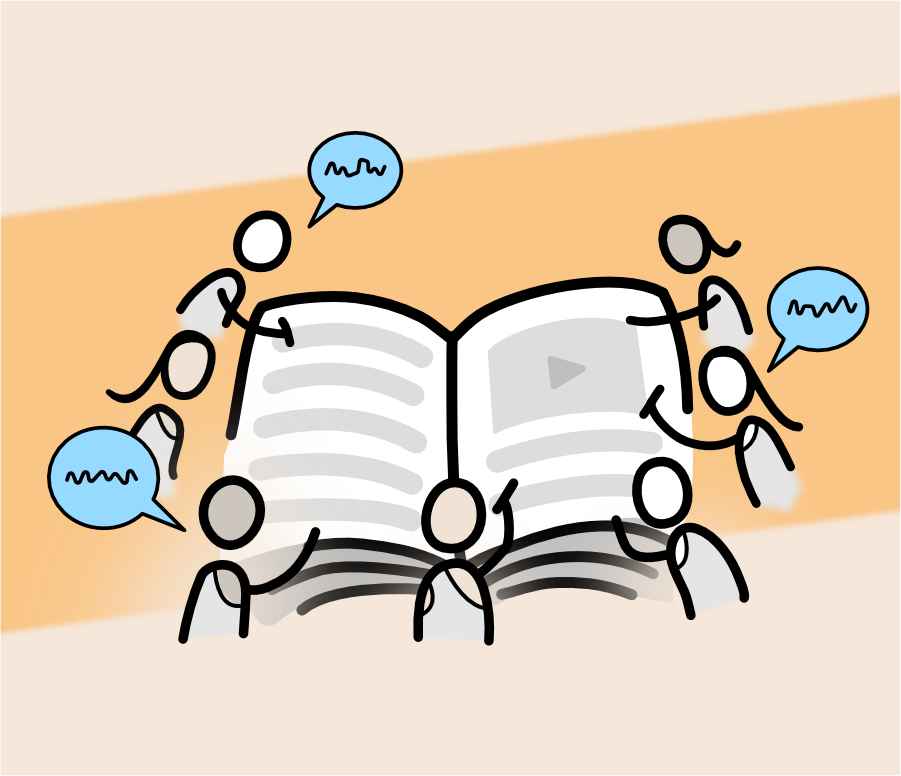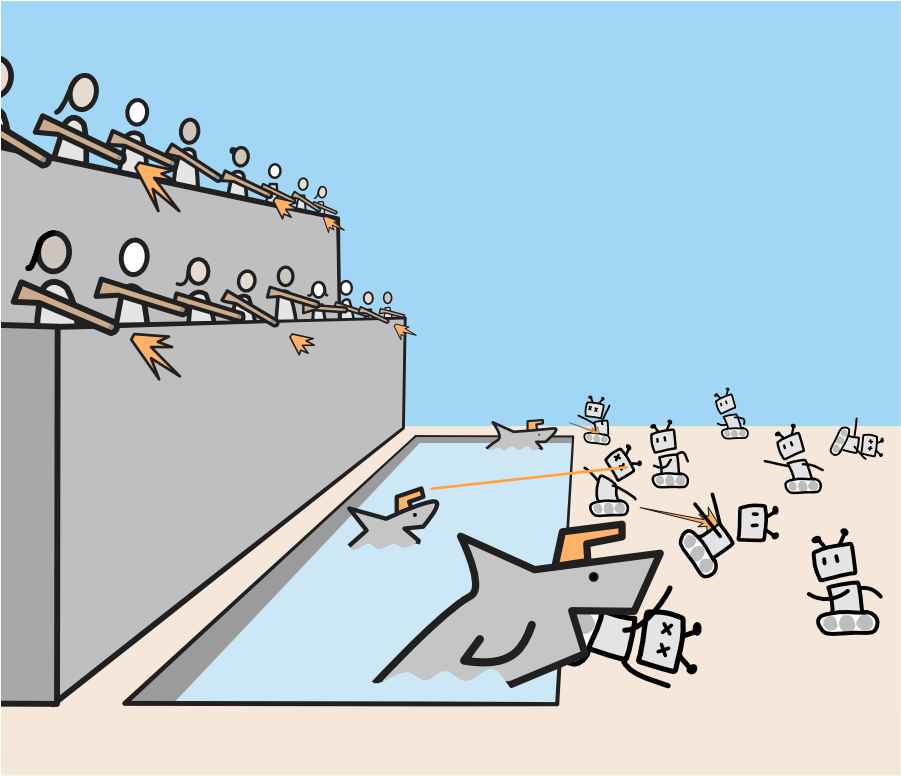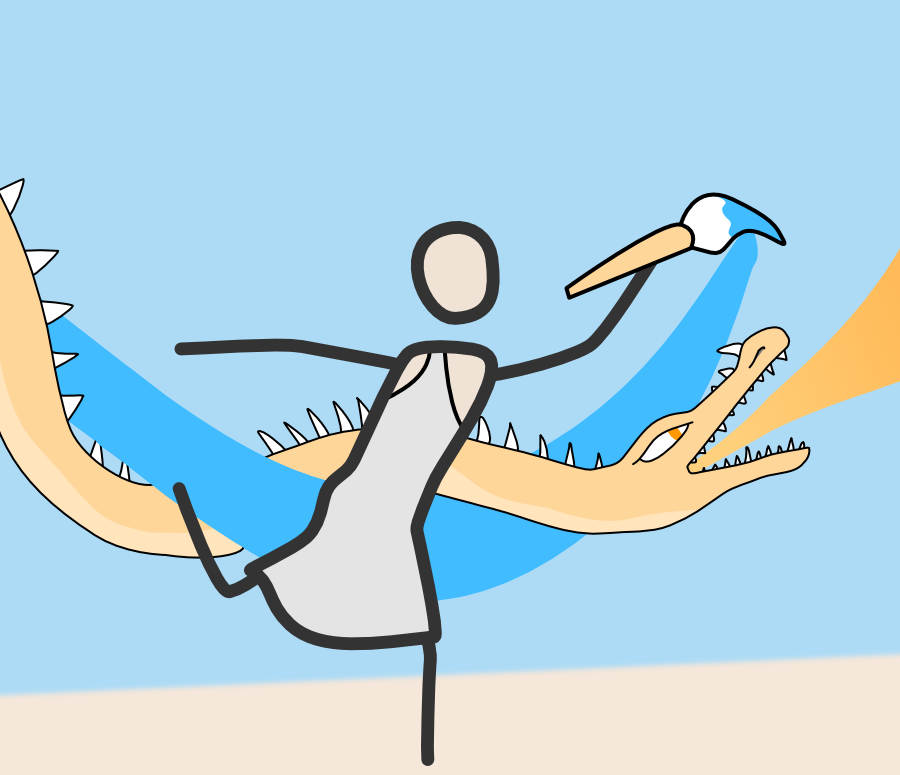The internet is full of many different types of people. Different locations, ages, and psychologies. Readers scrolling, active conversationalists, creators with a vision, promoters, trolls, etc.
It’s certainly an online rainforest out there, but unfortunately, it is also an ecosystem that often falls out of balance. Healthy diverse communities devolve into one sided bubbles. Intelligent content devolves into attention grabbing click-bait. Creativity devolves into reproducibility.
We at MidFlip want to create a healthier information ecosystem. A democratic forum for discussing topics. One that strengthens with time, not one that devolves.
This is not an engineering problem. No one grand solution will solve it. It is a system design problem. It requires many small solutions to work together. This page quickly outlines some of MidFlip’s strategies in tackling this tricky problem. Keep in mind that good design means a lot of feedback and iteration. As MidFlip learns more, we intend to make changes.
Provide feedback here.Your favorite topics forged by the crowd
MidFlip is a social network structured around topics. People like you can democratically participate in updating topics. Each week anyone can submit edits to change a topic. These edits are voted on, and the winning edit becomes the new topic text. This creates an easily explorable conversation about the topic and how to best express it, plus a most recent topic text.
This is a foundational change with many profound benefits. In most social media, if you get into an argument about some topic, that argument is confined to the place where the argument started. Whether that be a post’s comment section, private group, etc. Such small places tend to be biased, and there is little incentive to create good summaries and arguments.
On MidFlip such arguments quickly lead to a public and democratically updating area specifically dedicated to this topic. Here, at least, the topic is given the weight it is due. Here, the discussion is specific and clear. Large numbers of people can contribute to the page. Weekly competitions can update the topic’s description over time. While viral snippy arguments will always exist, now an ever-evolving reference point is also present.
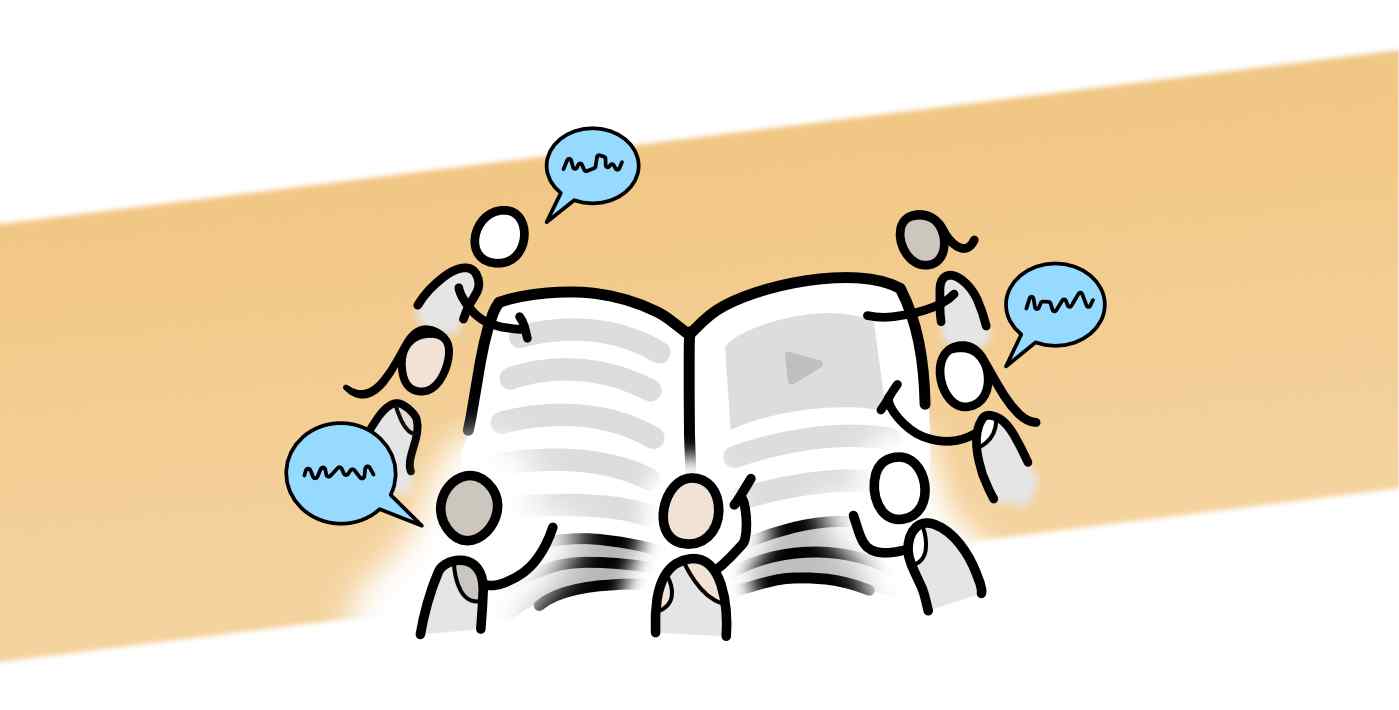
Not short-form, Not long-form, Midflip form.
Each Midflip topic has a limit of 1000 words. This is about two standard pages not including images, videos, etc. An executive briefing length.
You as a reader can enter a topic knowing that you are not trapped by a long article. You as a voter do not need to wade through a large set of changes to consider. You as a writer have a healthy constraint to keep your writing concise and to the point.
Our design emphasizes an interconnected network of topics. So, if more details are required, a new topic can be created and linked to. While Wikipedia may have a single topic on “Cats”, Midflip’s system creates an interconnected network of topics relating to cats: “How to train your cat”, “How Cats evolved”, “Are cats secret ninjas?” etc.
The medium is the message. Do you prefer short-form divisive viral posts with no meaning? Do you want long-form articles that go on and on and on. Or do you prefer an ever-evolving conversation that refines a topic down to an executive summary with links to details?
Read more hereParallel democracy & voting power
Midflip is what we call a parallel democracy. This means that while everyone has a vote in every topic, some people earn more voting power in certain topics. For example, if you spend a lot of time working on a certain topic, you will gain more voting power in that topic. This provides incentives, stabilizes the system, and helps prevent brigading. We believe everyone should be able to meritocratically rise the ranks within certain topics and be able to effect change in those topics.
We are evolving how we allocate voting power as we optimize the greater system. We will not divulge the exact equation because that may allow people to game the system. We will however say that we are considering the following:
- Meritocratic voting power – You gain voting power by contributing to a topic.
- Liquid democracy. This would be a system where you can choose people to represent you in certain areas of the site. They would then get your vote in a range of topics. You would always be able to change who can represent you, and where any specific vote goes.
- Divergent people agree – This would give more voting power to a side when people who tend not to vote together are voting together.
- Limit to any one individual’s voting power.
- Quorums
- A slow degrade of voting power to the norm over time.
- And more…
We are trying to create a bottom-up decision-making platform that everyone can trust. Our wildest dreams are aimed to create an alternative to bureaucracy. We are happy to allow independent auditors audit our system. We are happy for feedback and suggestions.
Multi-Topic Posting
Fake news, disreputable ideas, and corrupt purpose infect much of the internet. If you study how such content spreads, you will see a general trend. This bad content often grows within a small, biased niche. Then, if it is lucky, this bad content gains populus momentum as it spreads towards more connected areas. But, in populus areas, people debunk, discredit, and laugh at the bad content. Generally, this attention stops the vial spread, like a wave crashing on shore.
But reality is more complicated. The structure of the social network plays an important role. If the social network is organized into smaller separate groups, bad content can spread quite well through any groups that are susceptible to it. This is especially true if individuals are only shown content from the groups and people that they subscribe to.
On the other hand, consider if the social network is a large, interconnected blob for anyone to post into. In this situation, a different problem often emerges. A type of group think takes hold where any new ideas that challenge the status quo are quickly rejected. A difficult balancing act seems to be required.
At MidFlip, our answer to this problem is multi-topic posting.
This means that you can post content to multiple different topics simultaneously. For example, a post about “cats” can be posted to “how to train your cat”, “The insane biology of cats”, and “Cats vs. dogs” Indeed, as the author, it is in your best interest to post to many topics because this will help your content spread further. Your post then has a comment thread which brings in people from all of these various topics. Thus, this multi-topic posting preferences audiences with more diverse set of interests. At the same time, MidFlip is not a single interconnected blob because each topic has its own specific area and you can only connect so many topics to any individual post.
At MidFlip we believe the best sanitizer to bad content is sunlight. The faster a bad post gets to a diverse and large public group, the faster it is picked apart. If the content is good, it should be able to survive this scrutiny. MidFlip was designed with these thoughts top of mind. We do not want any top-down executive description of what is true. We want a system that allows for the crowd to generate ideas, to disagree, to render, and to build.
Control what you see
Feel controlled? Feel pushed down dopamine driven rabbit holes? Most social networks today use AI to order the content that you see. The problem is that AI is trained by maximizing some measurable quality. So… what measurable quality are the social networks maximizing? Total screen time of course. They want you glued to their app as long as possible to make money.
But now, you can control what you see. MidFlip does not use AI to curate content. Instead, we use good old-fashioned equations… with a twist. We have created a menu that allows you to filter content quickly and powerfully. You simply need to adjust the filters to adjust your feed.
Want to only see content from your friends? Ok. Want to only see science content from topics you follow? Sure. Want to only see social content from creators you follow? Easy. At MidFlip you control what you see.
We want people actively exploring and engaging. We do not want mindless drones consuming content. Here, you to control what you see.
See more here.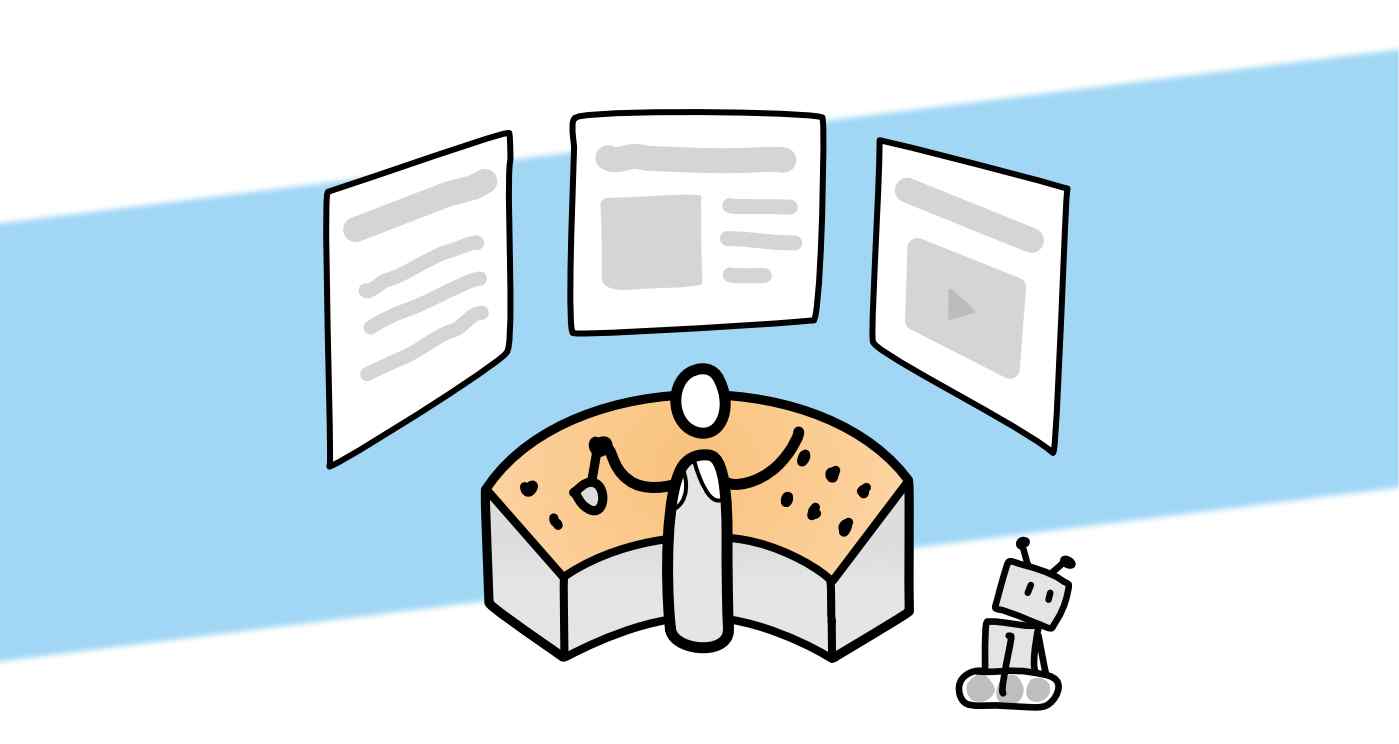
Comment Filters
As a user on MidFlip you can comment on various posts, topics, etc. This is rather standard, but we do introduce one simple twist. MidFlip’s comment threads are broken into six different sections:
- About anything – default section. Acts as a regular comment thread. User can see any and all comments.
- For fun – Section for comments that are jokes, memes, etc.
- For Devils Advocate – Section for comments that promote a less accepted viewpoint.
- About topic – Section for comments about the topic at hand.
- About presentation – Section for comments about how the author presented the topic.
- About Sources – Section for comments that delve into the sources and claims of the post.
MidFlip’s UI allows you to filter the comments by these categories. So, if you wish to only see Devil advocate comments, you can. If you wish to not see any “For Fun” comments you can. These sections create protected spaces for these different types of comments. This is important because all too often the funny and attention-grabbing comments drown out all others.
You don't like bots? We don't like bots!
MidFlip actively aims to prevent bot accounts. Currently we have a simple, blunt, but effective technique. We require a phone number to sign up/in and we limit the country codes we accept. This makes it difficult to create bot accounts or second accounts.
Phone numbers require id and cost money for upkeep. So Hackers/Trolls generally cannot maintain large amounts of phone numbers for extended periods of time. Thus this simple technique stops trolls from continuously creating new accounts, and stops influence campaigns from using armies of bots. This makes for a much healthier social ecosystem.
See more details here.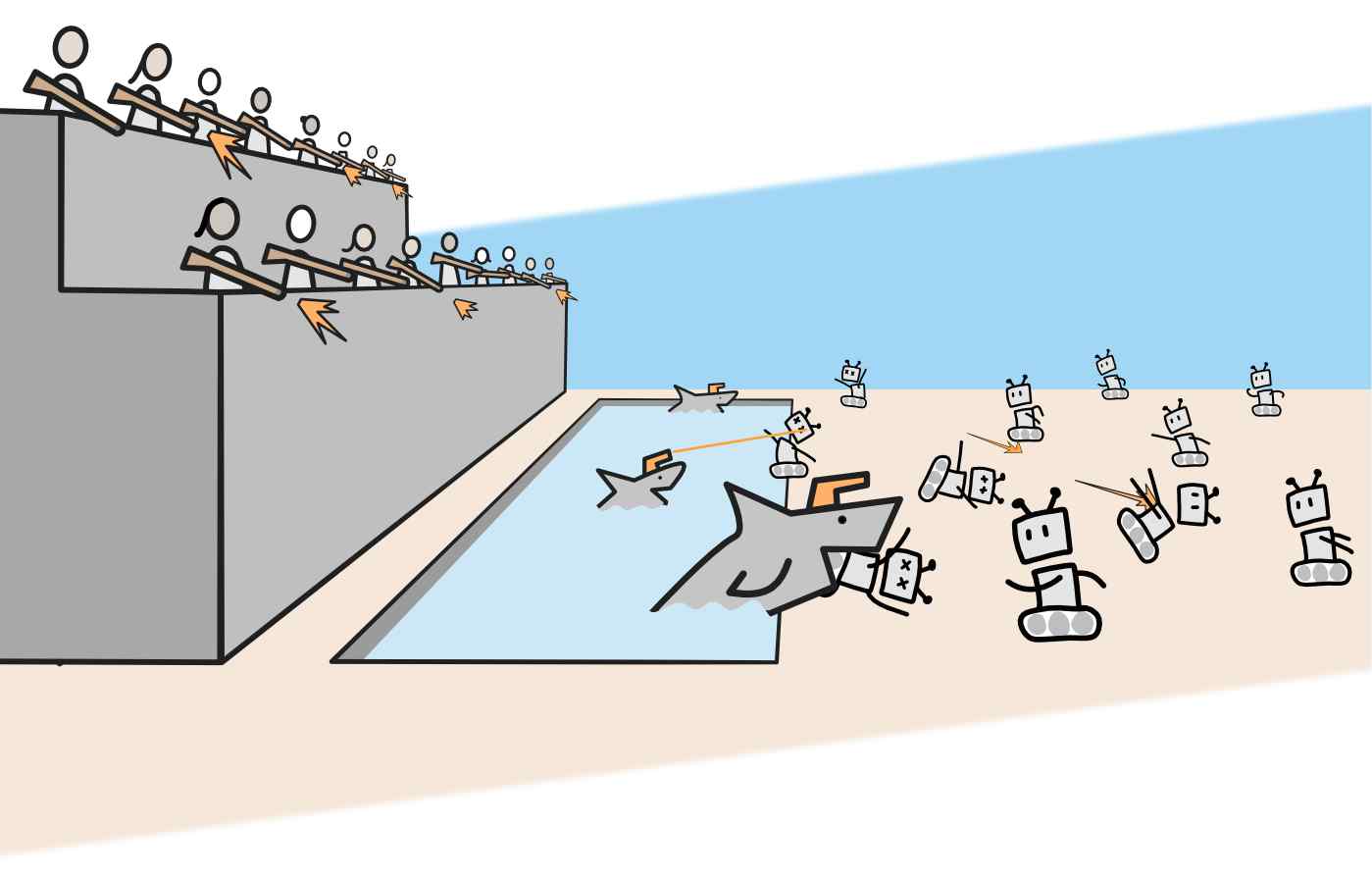
Moderation
Moderation is an area we expect to innovate upon in the future. We are thinking about it deeply and have some out-of-the-box ideas, but we need more data before we can make effective decisions.
In the meantime, we have basic AI moderation and reporting in place. This is a blunt instrument that we will need to use (New social networks are often targeted by unscrupulous actors). We apologize to anyone who is caught up in moderation misfires.
Thinking towards the future, we are aiming high. We believe that freedom of speech is important for a healthy idea ecosystem. History shows that the common narrative is often wrong. We do not wish for this common narrative to strangle new ideas with its monopolistic might. However, we believe decorum is also important. We want to build a system that encourages ideas that are expressed with authenticity, care, and thought. We want to build a system that encourages discussions that explore multiple viewpoints and evidence. In practicality, we believe the fewest possible rules, standardized site wide, has the best possible long-term outcome.
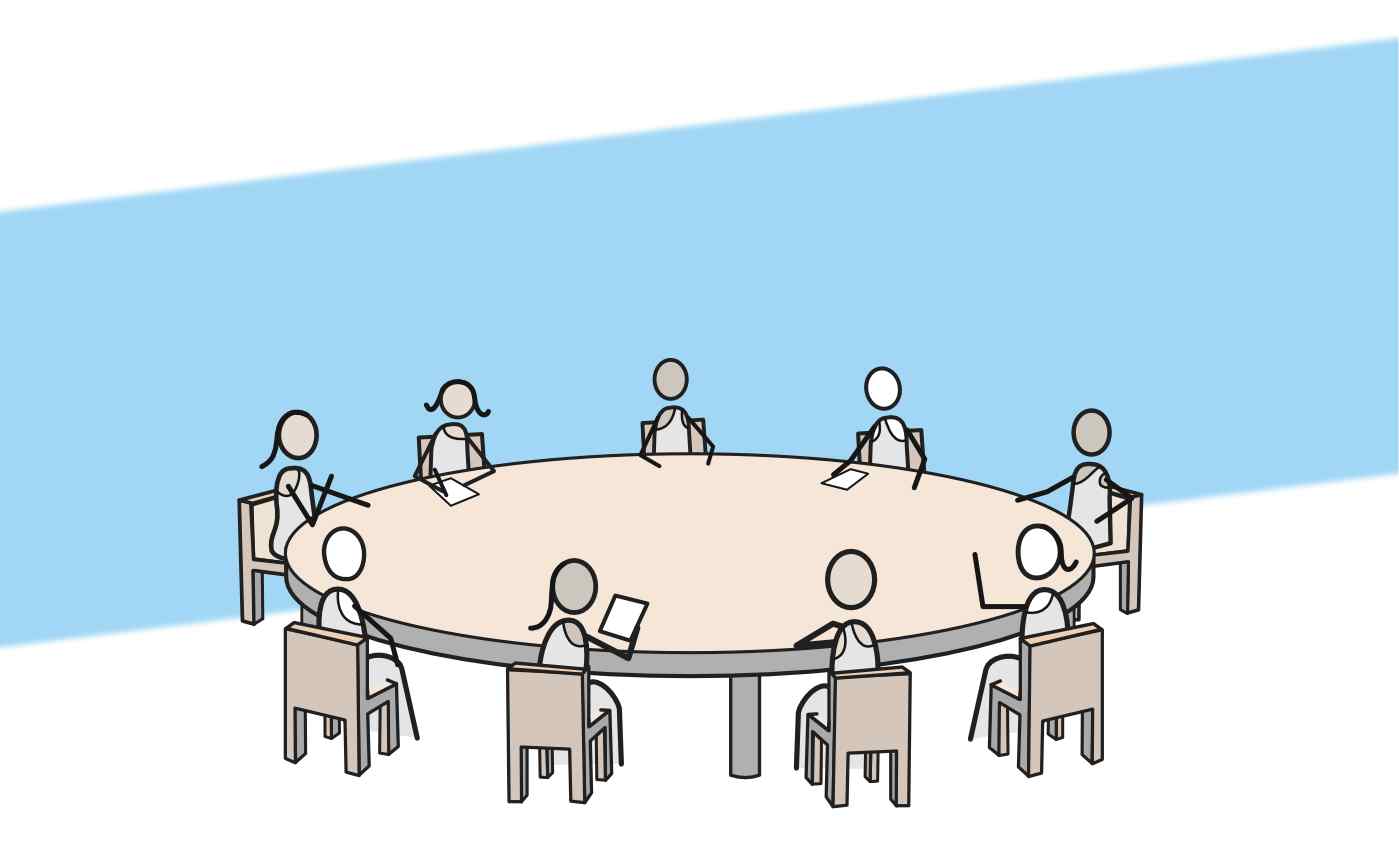
Note: Punishments stick at MidFlip because it is difficult to create second accounts (see above). So those who post bad content, really are suspended/removed from the site. They cannot easily turn around and create a new account.




